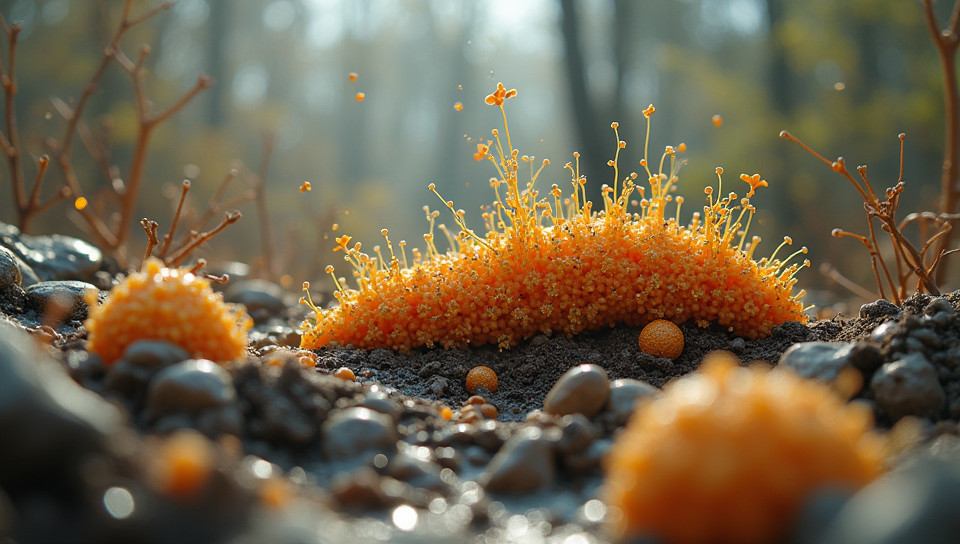Enzymes break down organic matter into plastic 11%

The Surprising World of Bioplastics: How Enzymes Break Down Organic Matter into Plastic
Imagine a world where plastic waste is no longer a problem, but instead becomes a valuable resource. This may sound like science fiction, but it's actually becoming a reality thanks to the discovery that enzymes can break down organic matter into bioplastic. In this article, we'll explore how this process works and what it means for our planet.
The Science Behind Bioplastics
Bioplastics are made from renewable biomass sources such as corn starch, sugarcane, or potato starch. These materials are often used to create packaging, disposable cutlery, and other single-use products that would otherwise be made from traditional plastics. However, the production of bioplastics still requires non-renewable energy sources and can have negative environmental impacts.
Enter Enzymes: The Key to Bioplastic Production
Enzymes are biological molecules that accelerate chemical reactions in living organisms. In the case of bioplastic production, enzymes play a crucial role in breaking down organic matter into plastic-like materials. This process is called enzymatic hydrolysis, where enzymes break down complex biomolecules into simpler sugars, which can then be converted into bioplastics.
- Some examples of enzymes used in bioplastic production include:
- Amylases: Break down starches into sugars
- Proteases: Break down proteins into amino acids
- Cellulases: Break down cellulose into glucose
The Benefits of Enzyme-Based Bioplastic Production
The use of enzymes in bioplastic production offers several benefits over traditional methods. For one, it reduces the need for non-renewable energy sources and can lower greenhouse gas emissions. Additionally, enzyme-based bioplastics can be composted at the end of their life cycle, reducing plastic waste and promoting a more circular economy.
The Future of Bioplastics: A Sustainable Solution
As concerns about plastic pollution continue to grow, the production of bioplastics using enzymes is becoming an increasingly attractive solution. By leveraging the power of biology to break down organic matter into plastic, we can create a more sustainable future for our planet.
Conclusion
The discovery that enzymes can break down organic matter into bioplastic has the potential to revolutionize the way we produce and consume plastics. As this technology continues to evolve, we may see a significant reduction in plastic waste and a shift towards more sustainable production methods. The future of bioplastics is bright, and it's up to us to harness its power for the betterment of our planet.
- Created by: Andrea Ramirez
- Created at: Dec. 21, 2024, 3:42 p.m.
- ID: 16981







